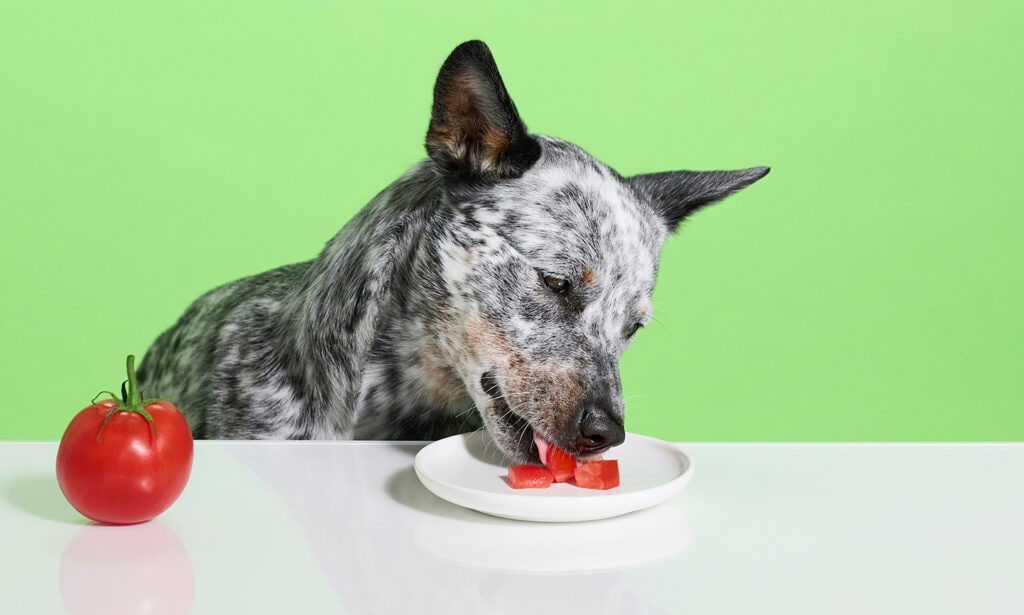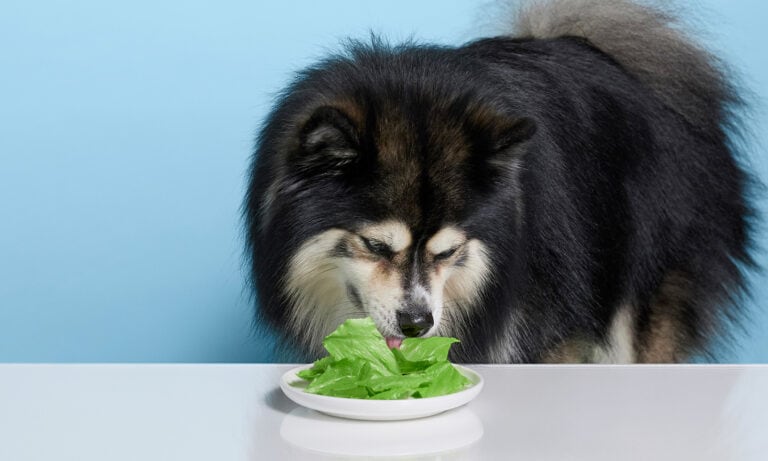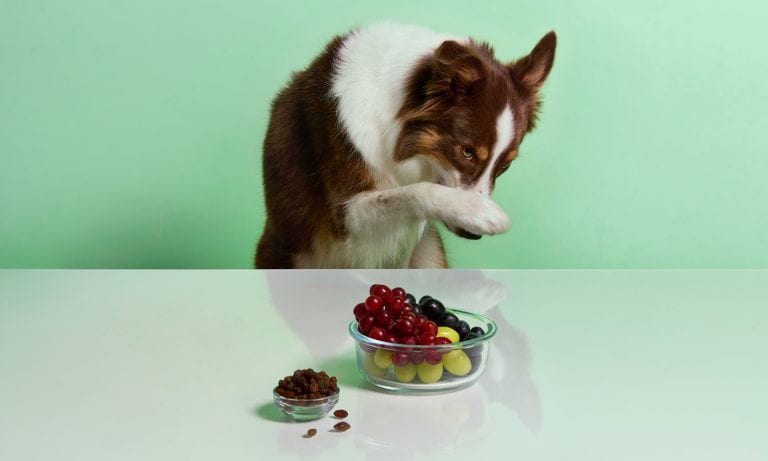Yes! When dished up in moderation, ripe, red tomatoes make a nutritious and delicious snack for your pup according to Dr. Amanda Williams, Chief Veterinarian and Medical Director, Furry Friends Adoption, Clinic & Ranch in Jupiter, Florida.
Frequently Asked Questions
Q:Can dogs have tomato juice?
A:Yes and no. If the tomato juice is unsalted and made using pure, ripe tomatoes, it’s generally safe for your pup. But serving size matters. A couple of licks will suffice.
Q:Can dogs eat raw tomatoes?
A:Yes, but make sure they are ripe red tomatoes.
Q:Can dogs eat cooked tomatoes?
A:Yes, if the cooked tomatoes are ripe red tomatoes. Just make sure not to add any salt, seasonings like garlic or onion, or other ingredients that could be unsafe for your pup.
Q:Can dogs eat tomato sauce?
A:Homemade tomato sauce is your best bet. Jarred and canned sauces and soups often contain preservatives, additives, sugar, salt, and other seasonings that are not good for dogs.
Q:Can dogs eat ketchup?
A:A dollop of ketchup probably won’t cause your dog to get sick, but you really should try to avoid feeding it to your dog. Many ketchup condiments are far from being just pureed tomatoes. They contain things like onion powder, garlic powder, cinnamon, vinegar, sugar, salt, and, sometimes, xanthan gum, none of which are good for dogs. Also be on the lookout for ketchup packets that come with your takeout meal. Some dogs will swallow them whole, plastic and all! If that happens, call your vet immediately.
What to Know About Feeding Tomatoes to Your Dog
- Tomatoes are in the nightshade family of fruits and vegetables (which also includes eggplants, bell peppers and potatoes). This means the plants contain solanine which is found in the stems, leaves, and green parts of the fruits and tomatine which is concentrated in the stems and leaves.
- While the actual ripe, red fruits of a tomato plant are not toxic to dogs if eaten, the green leaves and stems and any portion of the fruit that is green can cause digestive and health issues if consumed by your dog and must be avoided. While this is true for all dogs, small dogs (under 15 pounds), puppies less than a year old, and senior dogs are more likely to experience tomatine poisoning.
- Some dogs are allergic to tomatoes. If, after eating tomatoes, your dog starts to lick their feet, get itchy, develop a hot pink or red rash in their ears or on their skin, vomit, have diarrhea, become gassy, or have a growling stomach, they might be allergic.
Tomatine Poisoning Symptoms to Look For
- Upset stomach
- Racing heartbeat
- Loss of coordination
- Muscle weakness
- Seizures, tremors
- Lethargy
- Drooling
If your pup experiences any of these symptoms or the symptoms of allergic reaction listed above, call your vet immediately.
How to Feed Tomatoes to Your Dog
You should always consult with your vet before serving tomatoes to determine the right portion size for your dog. Even a healthy treat like tomatoes should be factored into your dog’s optimum daily balanced diet.
- Smaller dogs should get smaller servings. One large or two small ripe red tomatoes per week is OK to feed your dog, but you should start with an even smaller amount to see if your dog has a negative reaction.
- Choose fresh organically grown fruits when possible. Whether organic or conventionally grown, always rinse fruit thoroughly before serving.
- If fresh is not available, unsalted and unseasoned plain canned tomatoes are more likely to just be ripe, red fruits and are perfectly safe to serve.
- Slice or chop washed fruits into bite-sized pieces (smaller pieces for smaller dogs please to avoid any choking hazards).
- Cook then mashed or puree and add to your dog’s regular food. Cooked tomatoes can be even more beneficial than raw as the antioxidant lycopene is more easily digestible.
- Never add onions or garlic to tomatoes you are serving your dog as these can be toxic and also cause stomach upset. Canned or jarred prepared tomato sauces (such as for pastas or other ethnic dishes) are strictly off-the-menu.
Benefits of Tomatoes for Dogs
- Loaded with potassium, antioxidants, and vitamins, A, C, and K.
- Beneficial to dog’s eyesight, skin, immune system, cardiovascular health, muscles, and more.
- Contain lots of soluble and insoluble fiber which can helps to support healthy digestion and maintain your dog’s steady blood sugar levels.
Share:












